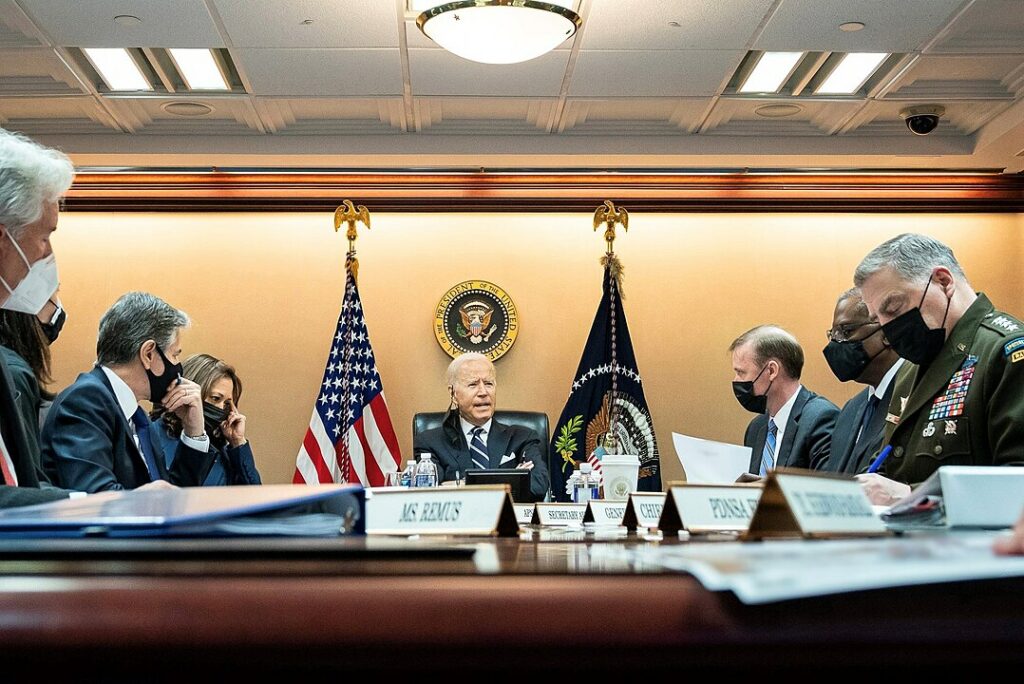
(Rightallegiance.com) – Jake Sullivan, the former National Security Advisor to President Biden, has become the center of growing controversy within the Democratic Party after joining the advisory board for Project 2029. This new initiative is meant to lay the foundation for the Democratic Party’s policy and messaging strategy leading into the 2028 election. However, Sullivan’s involvement has drawn backlash from a wide range of voices, including progressive activists and former government officials, who argue that his track record—particularly on foreign policy—undermines the credibility of an initiative claiming to chart a bold new path for the party.
Project 2029 is envisioned as a forward-looking roadmap that will roll out new policy ideas and recommendations in quarterly installments. It aims to serve as a platform that can inform and shape the agenda of the next Democratic presidential nominee. The project’s creators hope it will become a tool to unify the party, sharpen its messaging, and avoid the political pitfalls that contributed to recent electoral setbacks. But the decision to include Sullivan—seen by many as a symbol of the Democratic establishment and linked to widely criticized episodes like the U.S. withdrawal from Afghanistan and escalating global tensions—has cast doubt on whether the project represents meaningful change or a rebranding of the status quo.
Progressive critics have been especially vocal. They argue that Sullivan’s presence signals a lack of accountability and reflects a party leadership still out of touch with the grassroots energy that drove recent campaigns. Many believe that bringing in the same advisors who oversaw foreign policy missteps not only weakens the project’s moral authority but also alienates younger, more progressive voters hungry for a new generation of leadership. Critics contend that if Project 2029 is meant to rebuild trust and energize the base, relying on architects of past failures sends the wrong message.
Defenders of Sullivan, however, point to his experience and policy knowledge as valuable assets. They argue that rebuilding international alliances and addressing global instability requires seasoned leadership. Some within the party suggest that criticism of Sullivan is misplaced, and that his involvement could actually help guide a more balanced and pragmatic policy approach. They see Project 2029 not as a surrender to establishment figures, but as an effort to blend experience with innovation.
Still, the divide within the party is clear. Project 2029 emerges at a time when Democrats are struggling to define their identity after recent electoral disappointments. The tension between establishment voices and rising progressive leaders reflects a broader struggle over the direction of the party itself. Whether Project 2029 will help unify Democrats or deepen existing divides remains to be seen. As the initiative prepares to roll out its first major policy proposals, the backlash over Sullivan’s role underscores a deeper question facing the Democratic Party: can it truly move forward while relying on figures from its past?